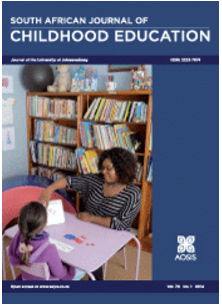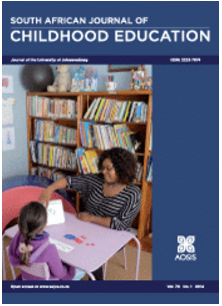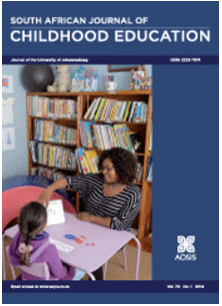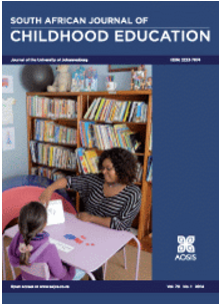South African Journal of Childhood Education 3(1):a29 Core knowledge and working memory as prerequisites of early school arithmetic

Type
E-Journal
ISSN
2223-7682
Category
ECCE, Foundation
[ Browse Items ]
Publication Year
2013
Publisher
Aosis OpenJournals, Durbanville, Cape Town, South Africa
URL
[ private ]
Pages
20 p.
Subject
Early childhood education, Primary education, Foundation Phase, Core systems of number, Early math education, Working memory
Tags
Abstract
Recent studies showed that kindergarten children solve addition, subtraction, doubling and halving problems using the core system for the approximate representation of numerical magnitude. In Study 1, 34 first-grade students in their first week of schooling solved approximate arithmetic problems in a number range up to 100 regarding all four basic operations. Children solved these problems significantly above chance.
In Study 2, 66 first graders were tested for their approximate arithmetic achievement, working memory capacity, groupitizing, phonological awareness, naming speed and early arithmetic concepts at the beginning of first grade and again at the beginning of second grade. It appears that approximate arithmetic achievement is independent from most other cognitive variables and correlates most with other variables of the mathematical domain. Furthermore, regression analyses revealed that school success was only predicted by groupitizing and central executive capacity, but not approximate arithmetic achievement, when controlling for other cognitive variables.
In Study 2, 66 first graders were tested for their approximate arithmetic achievement, working memory capacity, groupitizing, phonological awareness, naming speed and early arithmetic concepts at the beginning of first grade and again at the beginning of second grade. It appears that approximate arithmetic achievement is independent from most other cognitive variables and correlates most with other variables of the mathematical domain. Furthermore, regression analyses revealed that school success was only predicted by groupitizing and central executive capacity, but not approximate arithmetic achievement, when controlling for other cognitive variables.
Description
Article
Number of Copies
1
| Library | Accession No | Call No | Copy No | Edition | Location | Availability |
|---|---|---|---|---|---|---|
| Main | 670 | 1 | Yes |




